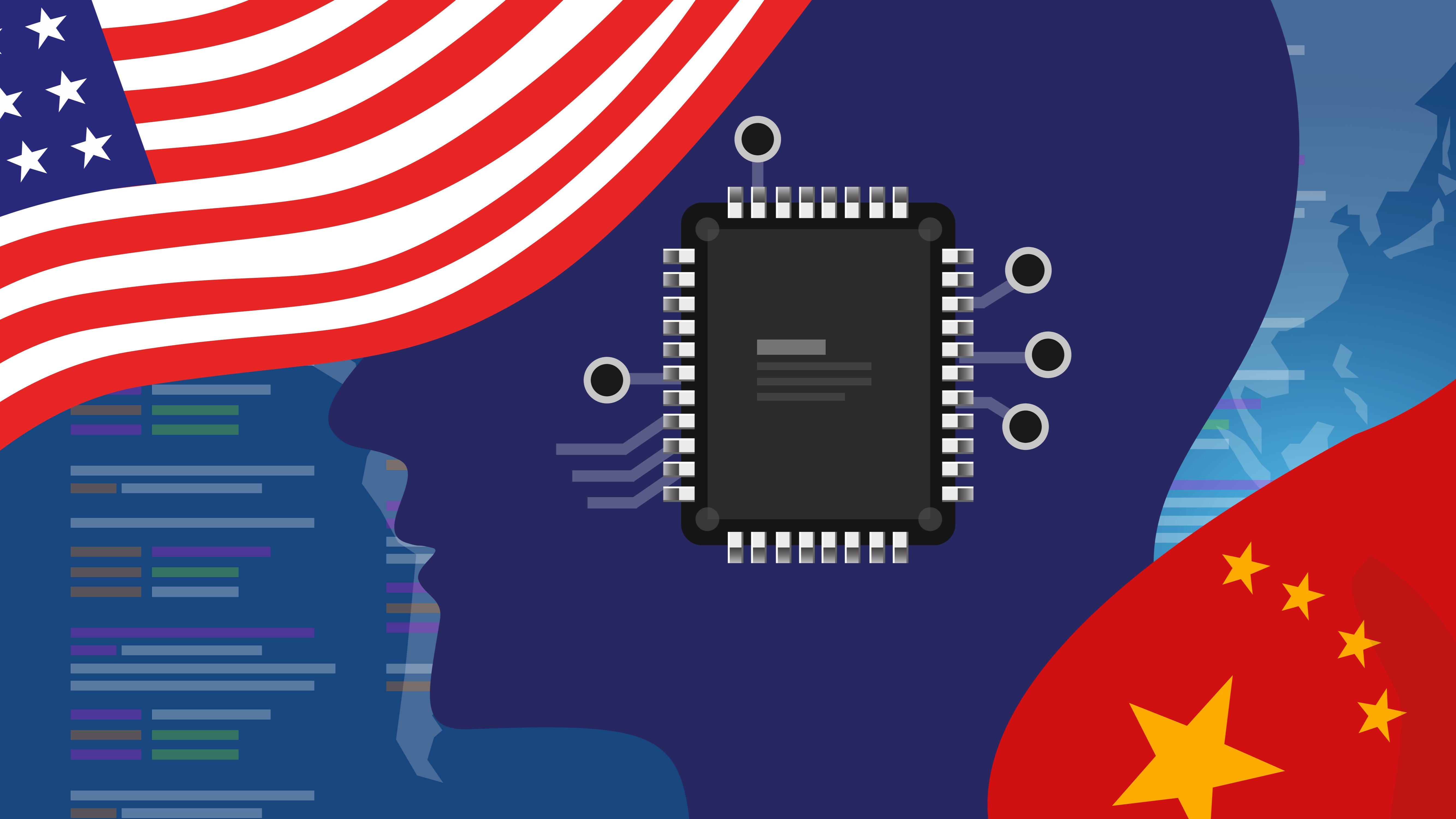China launches anti-dumping probe into U.S. analog chips used in PCs and routers
Investigation appears to target 40nm interface and gate-driver ICs as import volumes rise and prices fall ahead of new U.S.–China trade talks.

China has launched an anti-dumping investigation into American-made analog chips, claiming U.S. manufacturers have undercut local vendors on price while flooding the market with mature-node parts. The move targets essential low-end ICs used in PC boards, routers, PSUs, and other gear assembled in China, and comes just as U.S. and Chinese officials prepare to meet for a fresh round of trade talks in Madrid.
The investigation, initiated by the Ministry of Commerce (MOFCOM) on September 13, covers interface and gate-driver ICs built on legacy processes at 40nm or larger. That includes the likes of RS-485 and CAN transceivers, digital isolators, I2C expanders, and the gate-driver chips used in voltage regulator modules to switch power to CPUs, GPUs, and other high-draw components. China’s filing confirms the HS code and details the specific categories being probed.
Beijing claims imports of these parts from the U.S. rose 37% between 2022 and 2024, while the average price dropped 52%, a collapse it says hurt the domestic industry. The petitioner, an industry group based in Jiangsu Province, is requesting that duties be applied. The review period encompasses transactions during 2024, with an injury window extending back three years.
To date, most of the semiconductor battle between the two countries has centered on advanced AI chips and cutting-edge fabs, but this case drills into the commodity components sitting at the core of every motherboard. A duty regime could prompt Chinese factories to pay more for U.S.-origin analog chips, switch to domestic alternatives, or pivot to other non-U.S. vendors. Any of these things could ripple into minor BOM changes and redesigns for 2026 product cycles.
In parallel, China also announced an “anti-discrimination” investigation into alleged U.S. trade practices that limit Chinese chipmakers’ ability to compete abroad. That inquiry will look into whether Washington’s export controls and investment bans violate global trade norms. A typical timeline suggests that it’ll take roughly three months for the inquiry to complete.
The analog pricing collapse may complicate Beijing’s claims. Texas Instruments, one of the largest U.S. suppliers affected, slashed prices in 2023 in an attempt to defend its share in the Chinese market. But the broader market trend post-COVID was already one of heavy correction, with oversupply driving down margins across the mature-node segment.
MOFCOM says the anti-dumping case will conclude by September 13, 2026, though it can be extended by another six months if needed. Provisional duties, if imposed, could land well before then.
Get Tom's Hardware's best news and in-depth reviews, straight to your inbox.
Follow Tom's Hardware on Google News, or add us as a preferred source, to get our up-to-date news, analysis, and reviews in your feeds. Make sure to click the Follow button!

Luke James is a freelance writer and journalist. Although his background is in legal, he has a personal interest in all things tech, especially hardware and microelectronics, and anything regulatory.
-
rluker5 Wouldn't be a problem if China didn't block the Intel-Tower deal with Tan's margin rule.Reply
Sometimes you reap what you sew.